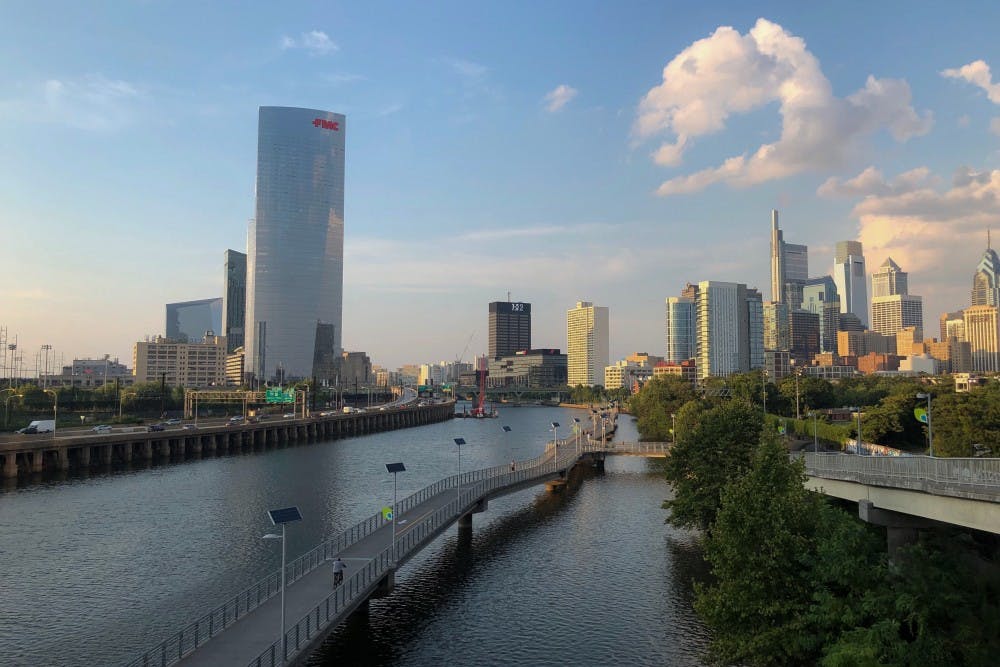A recent analysis by The Philadelphia Tribune has shown that Philadelphia now leads major United States cities in property tax breaks.
The study focused on a list released by the city and found that the Philadelphia's 10-year tax exemption policy for newly built and freshly renovated properties disproportionately benefits those living in the city’s most affluent neighborhoods.
The Tribune added that nonprofits, hospitals, and schools such as Penn comprise 33% of the city’s total property value but are exempt from taxes. City Councilman Allan Domb told The Tribune this reality combined with the tax abatement results in the burden of taxation spread across just 41% of the city.
While the 2017 U.S Census marks Philadelphia’s median home value at $151,500, the market value of the 4% of Philadelphia properties listed that benefit from tax breaks averages around $443,000.
Supporters of the tax breaks cite economic growth through the creation of construction jobs and the development of Center City. Rising luxury developments, such as the South Broad Street condo tower, set to open in 2021, are presented as testaments to the success of the abatement policy.
“I know we’ve had a lot of discussion and controversy about the 10-year tax abatement," Philadelphia Mayor Jim Kenney told the Tribune in June. "It works. It works, it has worked. It’s why people are living in Center City."
Opponents of the tax breaks, however, said the money used to grant the exemptions could be better spent on improvements to the city’s struggling public schools, according to the Tribune. A 2018 study by the policy resource center Good Jobs First found Philadelphia public schools to be the second-hardest hit in the nation, as the school lost an estimated $61.9 million to tax abatements in the 2017 fiscal year.
In March 2018, 50 protesters campaigned for an increase in funding for Philadelphia public schools, featuring speeches from students, parents, and teachers from the public school system. The rally was co-organized by Our City Our Schools and the Penn chapter of the Student Labor Action Project.









